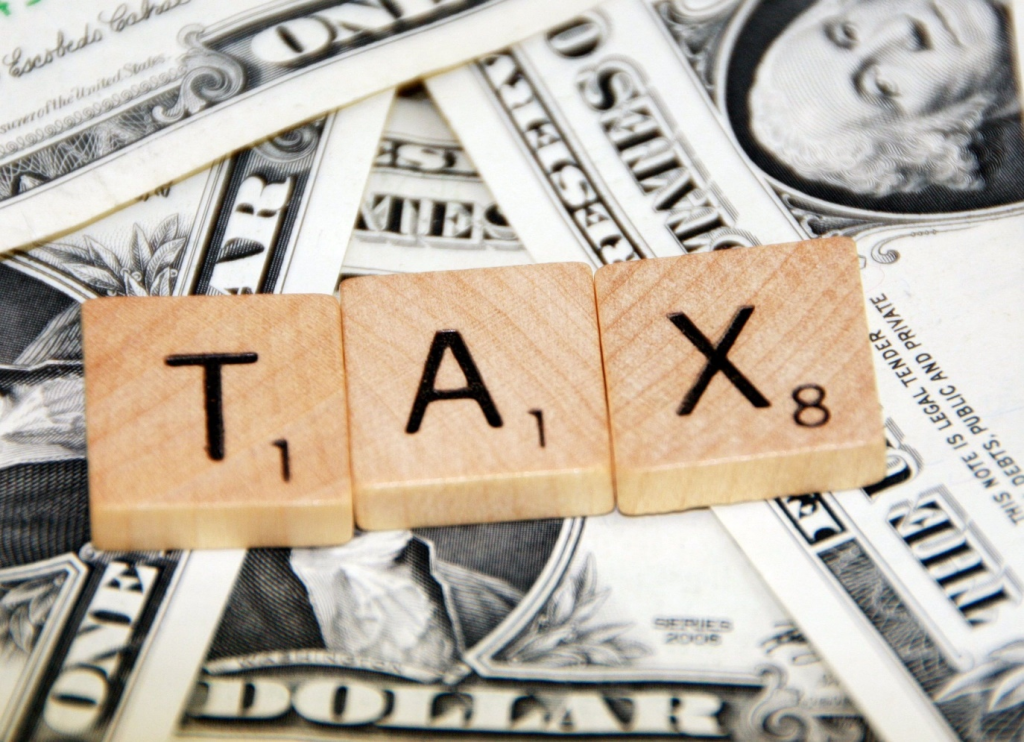
HARARE residents are understandably outraged by the introduction of three new levies by the City Council, covering public lighting, water infrastructure, and emergency services.
At a time when Zimbabweans are already staggering under the weight of one of the heaviest tax burdens in Africa, this move adds insult to injury.
The capital’s residents, who are already battling exorbitant taxes on income, goods, and services now face yet another round of levies from a council notorious for corruption allegations, mismanagement, and misplaced priorities.
What is most galling about the new levies is not just their imposition, but how they were introduced.
Residents say the levies were never transparently discussed during budget consultations, raising serious concerns about accountability and democratic governance at Town House.
The failure to engage ratepayers, who foot the city’s bills, is yet another example of how Harare City Council has lost touch with the people it is supposed to serve.
The council’s rationale, couched in legal terms referencing Section 273 of the Urban Councils Act, suggests that the new charges are meant to improve service delivery.
But how can residents trust this will happen when there is overwhelming evidence to the contrary? To begin with, Harare’s water supply is erratic at best, with many suburbs enduring dry taps for weeks on end.
- Harare cancels Pomona waste deal
- Devolution gains remain a mirage
- Harare cancels Pomona waste deal
- Pomona saga: Harare handed shock US$750k ‘garbage’ bill
Keep Reading
To make matters worse, the water that does flow through the city’s pipes is unsafe for consumption, containing toxins and impurities that pose serious health risks to the residents.
The city’s streets are poorly lit, making them dangerous at night, and emergency services are often ill-equipped and unresponsive.
Many other aspects of service are in dire state. The waste management is appalling, road maintenance seems to have been abandoned and health care delivery is poor and yet the residents — the bulk of them struggling to keep the wolf from the door — religiously pay for them.
Meanwhile, council executives reportedly enjoy hefty salaries and perks while basic services are in disrepair. There is little evidence of a commitment to mitigating the obstacles that hinder effective service delivery.
This obvious disconnect between revenue collection and service delivery has fuelled widespread scepticism about how the council manages its finances.
Harare Residents Trust and Combined Harare Residents Association have rightly pointed out that existing revenue streams, such as water rates, are not ring-fenced for their intended purposes, leading to suspicions that the new levies could also be diverted to cover non-priority expenditures, including bloated executive salaries.
This pattern of financial mismanagement is not new. For years, Harare’s residents have watched in frustration as their money disappears into a black hole of corruption and inefficiency.
The latest round of levies feels like double taxation, forcing citizens to pay twice for services they still do not receive.
Even worse, the timing could not be more unfortunate. Zimbabweans are grappling with economic hardships, including rising inflation, stagnant wages, and declining purchasing power.
Adding new taxes at the local level only deepens their financial woes.
The council needs to understand that trust is built through transparency, accountability, and meaningful engagement with residents.
Instead of imposing levies from the top down, it should engage in genuine consultations, provide a clear breakdown of how the money will be spent, and address the root causes of its financial woes — including executive excess and corruption.
Until Harare City Council cleans up its act, residents will understandably view any new taxes or levies with deep suspicion.
Like all Zimbabweans, Harare residents already bear one of the highest tax burdens on the continent. Asking them to shoulder more, without fixing the underlying problems in service delivery and financial management, is not just unfair — it is unconscionable.
The council must do better. Harare’s long-suffering residents deserve nothing less.






